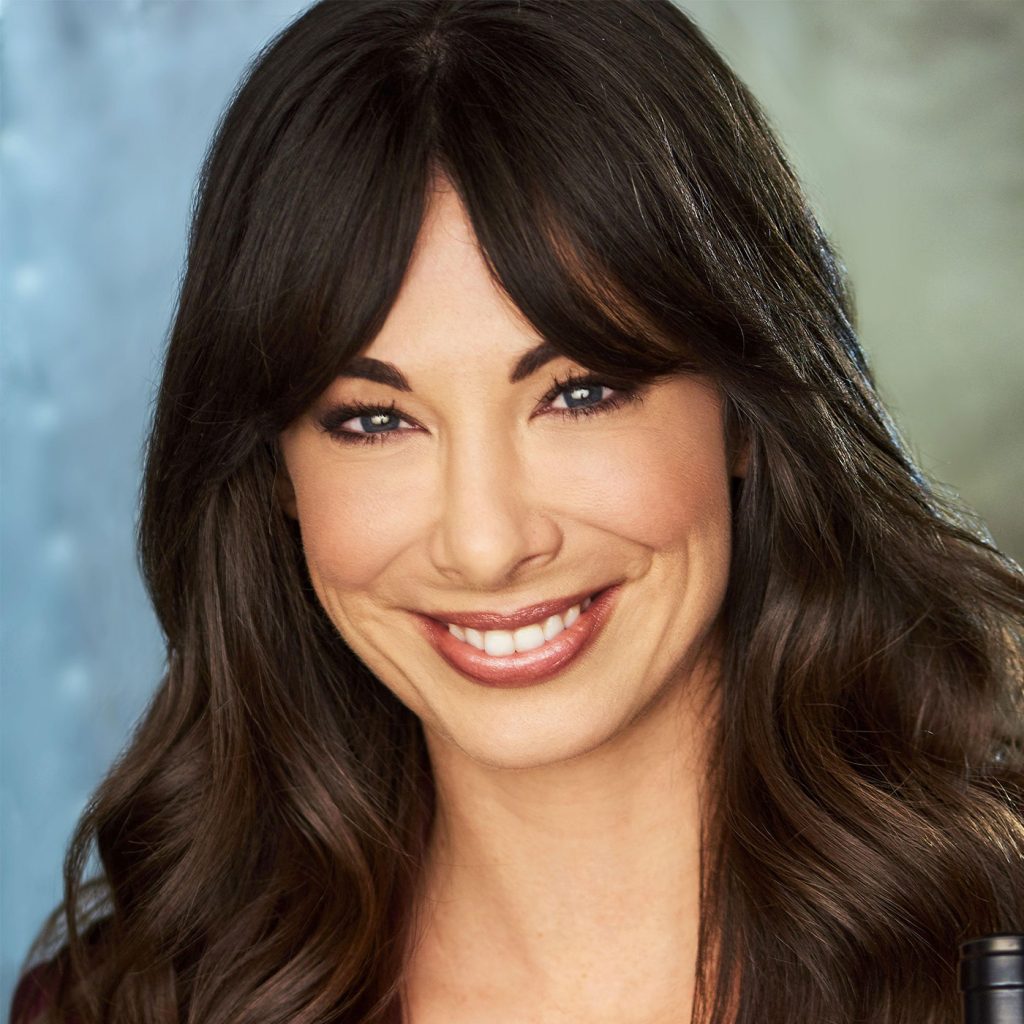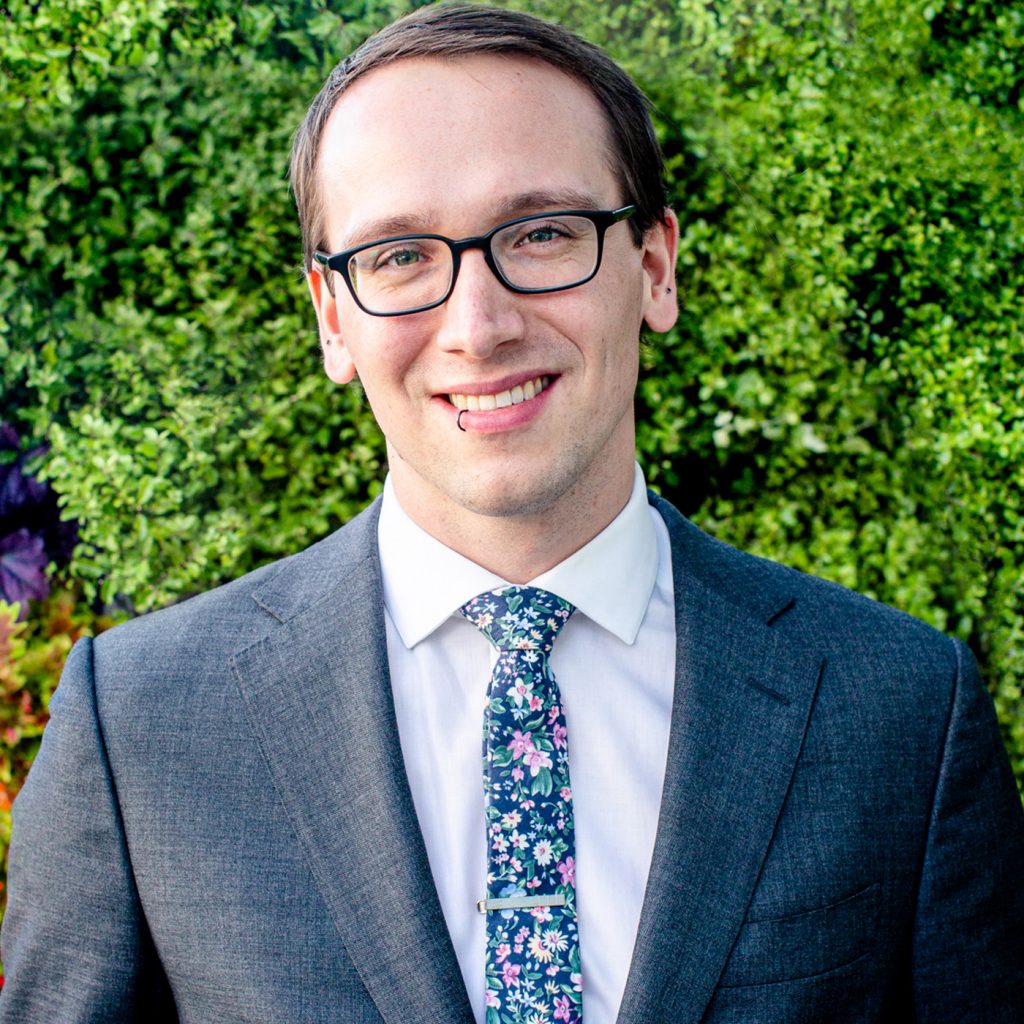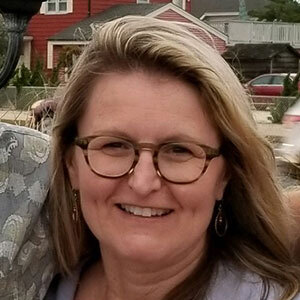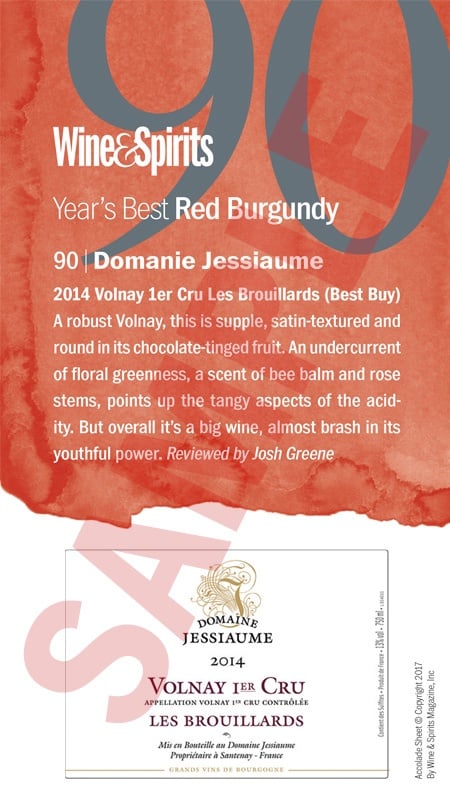We were deeply troubled to read Julia Moskin’s story in the New York Times on Thursday, October 29, 2020, “The Wine World’s Most Elite Circle has a Sexual Harassment Problem.” We find the alleged behavior of the Master Sommeliers described in the article to be reprehensible and we will not tolerate it in our community. We honor the courage of the nearly two dozen women who shared their experiences. It is only through painting a clear picture of the problem that we can start to consider solutions, so we are grateful to these brave individuals for their honesty.
We know many of the people in this story, both the accusers and the accused, having worked with many of them for years. And we are disturbed to hear of these allegations of bullying, sexual misconduct and outright predation. Clearly, the narrative is not limited to the restaurant wine industry, though it may be apparent in stark relief in the business of wine—the province of the white and the male until recent years.
Let’s call it what it is: bullying, extortion and predation. These destructive forms of behavior are nothing new, but what is new is our acceptance of them at the highest levels of business and government. Let’s admit that there are many among us who consider this kind of bullying acceptable. Many among us in the wine community are content to uphold the status quo, ignoring the underside of a business that continues to highlight and reward privilege.
Bullying is part of our current culture. It is not limited to the restaurant wine industry or the Court of Master Sommeliers, though it would be helpful to consider what the CMS and the restaurant industry can do, moving forward, to change the social contract, to diminish the power, or the perceived power, of bullies and predators, and to build a community that will raise more boats, and more kinds of boats, in a rising tide.
Julia Moskin’s reporting on these power dynamics in the restaurant wine industry has been valuable in calling out the abuses that are hiding in plain sight. The first line of her article describes a reality that many new members of the restaurant wine community believe to be true, or believe to be true for them: “Master sommelier is the most prestigious title in American wine, and those who earn it instantly join the ranks of the highest-paid and most influential members of the profession.”
In fact, there are many paths to success in the restaurant and wine community. Back in the 1990s, educational opportunities in wine were perceived as a way to expand access to the industry, which, ironically, has led to a generation reliant on credentials. And there are, of course, other credentials—the Court of Master Sommeliers is not the only game in town. The title, Master Sommelier, is one of two prestigious titles in wine in America. There are people in the wine industry who would argue that the title “Master of Wine” (MW) carries more weight. That title, also requiring lengthy academic work, politicking for mentorship and passing a stringent exam, is not tied to any one sector of the industry. Both the CMS and the Institute of Masters of Wine were once boys’ clubs, only effectively opened to women over the past few decades. Today, women are actively involved on the board of the IMW and in its educational arm, the WSET. Even so, the power dynamics of these organizations can be challenging for many to maneuver. In the end, a credential may work for an individual, but individuals still rely on a strong social contract in the community.
We can bring down the current perpetrators of bullying and sexual misconduct or abuse, but if we don’t strengthen the social contract, we only make room for the next bully or predator to step up. At Wine & Spirits, we are committed to building a more inclusive social contract in the wine community, one that will provide sustainable paths to education and success for women and men, people of all colors and races. One such sustainable path is learning to appreciate wine with an open mind, and we believe that goal is served by encouraging diversity on our tasting panels. When bullies come to join our panels, we do not invite them back. How we all educate ourselves about wine says everything about what kind of community we will build.
We ask other members of the wine community to stand with us against bullying and harassment, as it is sure to manifest in more cases of abuse farther from the public eye. In the meantime, we stand with those who have come forward, and hope they will strengthen the resolve of others to call out abuses of power. This is not what wine is about.
This is a W&S web exclusive. Get access to all of our feature stories by signing up today.


















